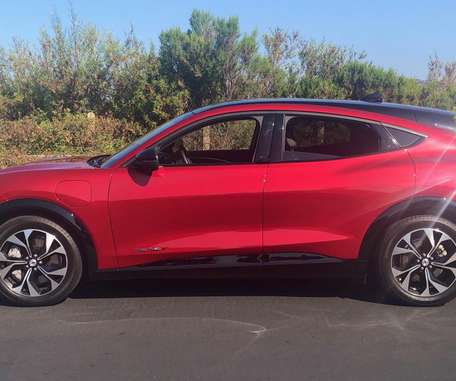MIT study concludes V2G-enabled electric commercial trucks could offer lower total operating cost than conventional diesel fleet
Green Car Congress
FEBRUARY 1, 2012
A new study by researchers at MIT’s Center for Transportation and Logistics (CTL), concludes that electric commercial vehicles can cost 9 to 12% less to operate than trucks powered by diesel engines when used to make deliveries on an everyday basis in big cities and when V2G (vehicle-to-grid) revenue is incorporated.















Let's personalize your content